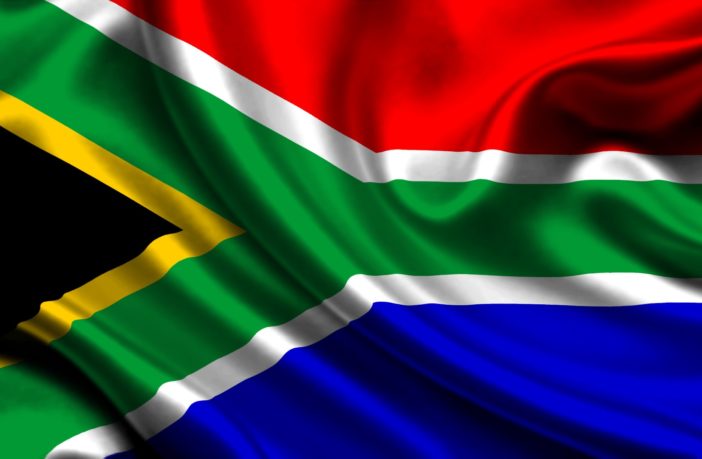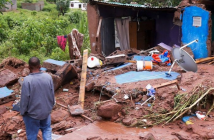Open-Ed
- It is important to put the recent resignation of Eskom’s CEO, Andre de Ruyter, into perspective through a timeline of events which I have done below.
- His resignation, in my opinion, is a result of a conflict between those in the ruling party who want to pursue a decentralised energy sector to renewables and those who want to maintain central control with coal power under the government.
- The outcome of the ruling party’s elective conference, taking place this weekend, will ultimately determine the outcome of which path the country’s energy sector will take.
On June 21st, 2021, the South African President, Mr Cyril Ramaphosa announced that the threshold for private companies to produce their power without a licence will be increased from 1 MW to 100MW. In August of this year, Eskom welcomed the gazetting into law of this move to decentralise the country’s energy sector. Read more
In late September, Eskom announced that the release of its annual financial statements (AFS) will be delayed amid multiple restatements. Read more
On 30TH October a new board is appointed at Eskom under the leadership of Mr Mpho Makwana. Read more
In late October, the South African treasury announced that it will be taking over a portion of Eskom’s debt. This is likely to be up to two-thirds of Eskom’s debt which currently stands at around R400 billion but is likely to be much higher. Read more
By becoming a major shareholder, the treasury will effectively eliminate Eskom’s debt paving the way for transmission to be unbundled, which is hamstrung by debt covenants, and return the utility to profitability. The tax payers bailout will pave the way for the Eskom board to be hero’s and it may not be in the best political interests for the incumbant Eskom management to also receive the credit.
In late November, in an address to parliament, Deputy Minister responsible for State Security, Zizi Kodwa, accused Eskom CEO Andre de Ruyter of failing to submit information for his security clearance. Read more
In late November, president Cyril Ramaphosa announces 100MW embedded generation threshold without a license to waive entirely. Read more
Last week, Mineral Resources and Energy Minister, Gwede Mantashe, makes a public attack on de Ruyter effectively accusing him of treason by saying “Eskom by not attending to load-shedding, is actively agitating to overthrow the state.” Read more
Mantashe’s ministry is responsible for the procurement of new generation capacity. Under his leadership, no new generation capacity has come online in the last three years. Read more
This week, the high court ordered Mantashe, with costs, to release the records for reasons why he included 1500MW of coal power generation capacity in the country’s 2019 integrated resource plan (IRP). Read more
This week, de Ruyter, who openly advocated a decentralised energy sector agenda and repeatedly requested for between 4000MW and 6000MW of new generation capacity to come online to stop load-shedding, resigns as CEO of Eskom. Read more
This paves the way for a new CEO and directors to be appointed by the new Eskom board. To date, the new board has not indicated to which agenda it is aligned, centralised on a coal power-led turnaround to end load-shedding or decentralised in a just and equitable energy transition to clean energy sources.
The continued success on the country’s path to energy decentralisation plus the renewable energy deployment from both the private and public sectors now pivots on whether the incumbent president, Mr Cyril Ramaphosa, stays in power.
The ruling party’s elective conference, taking place this weekend from December 16 to 20 at the Nasrec Johannesburg Expo Centre, will decide whether Ramaphosa stays or goes.
Author: Bryan Groenendaal
Disclaimer: The articles and videos expressed in this publication are those of the authors. They do not purport to reflect the opinions or views of Green Building Africa, our staff or our advertisers. The designations employed in this publication and the presentation of material therein do not imply the expression of any opinion whatsoever on the part Green Building Africa concerning the legal status of any country, area or territory or of its authorities.















